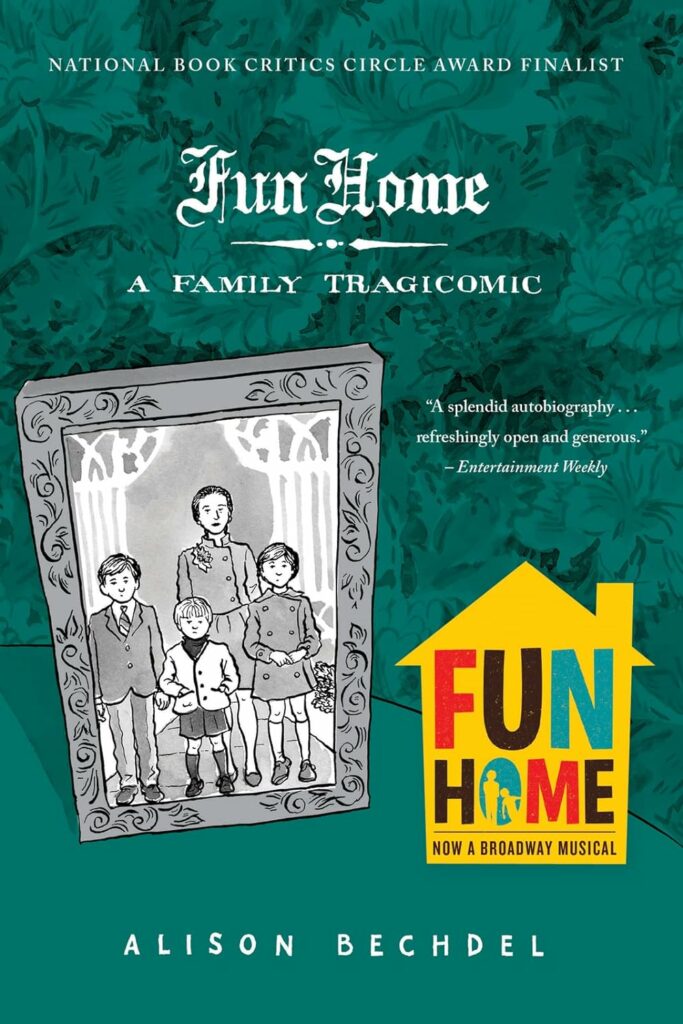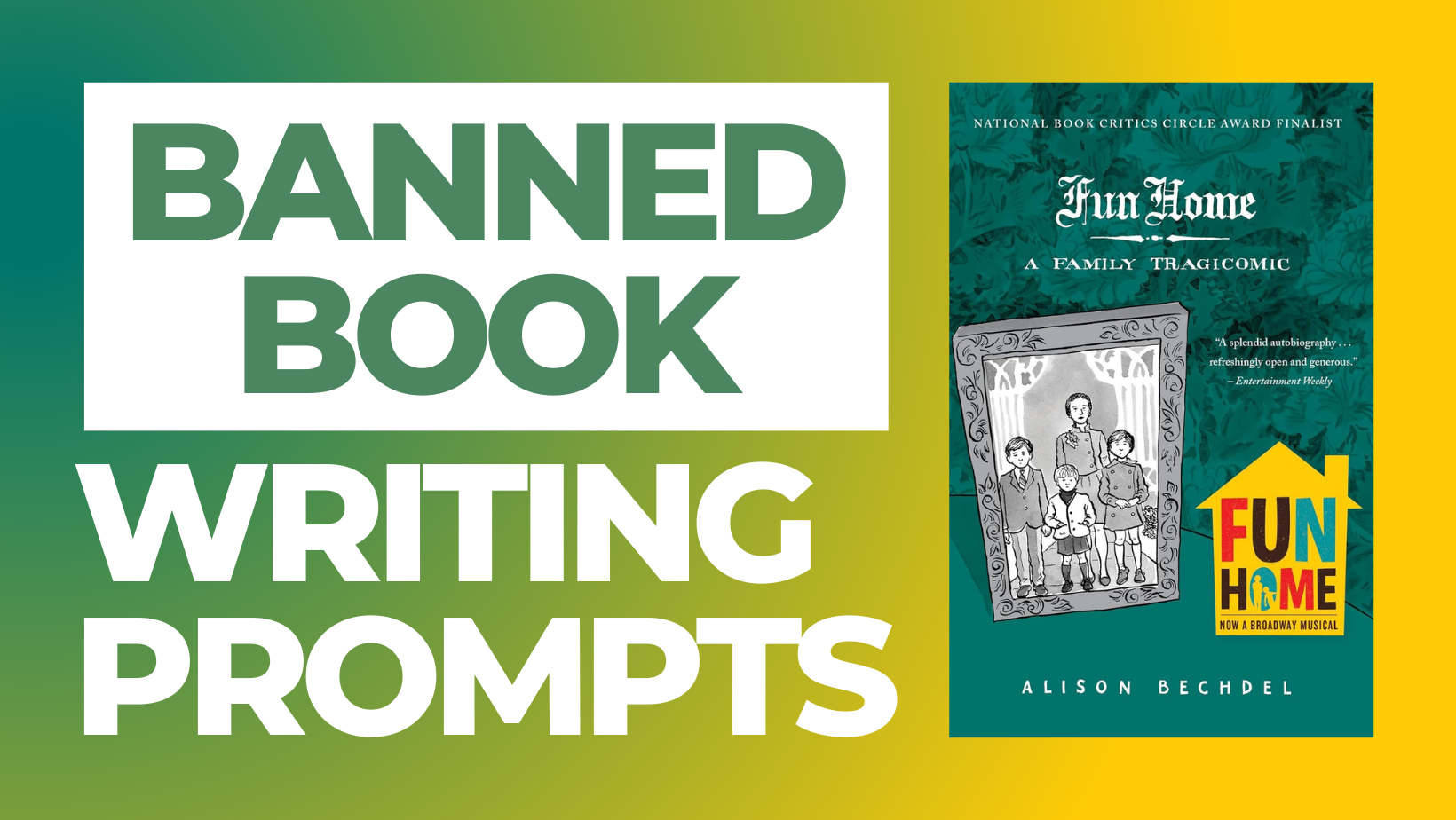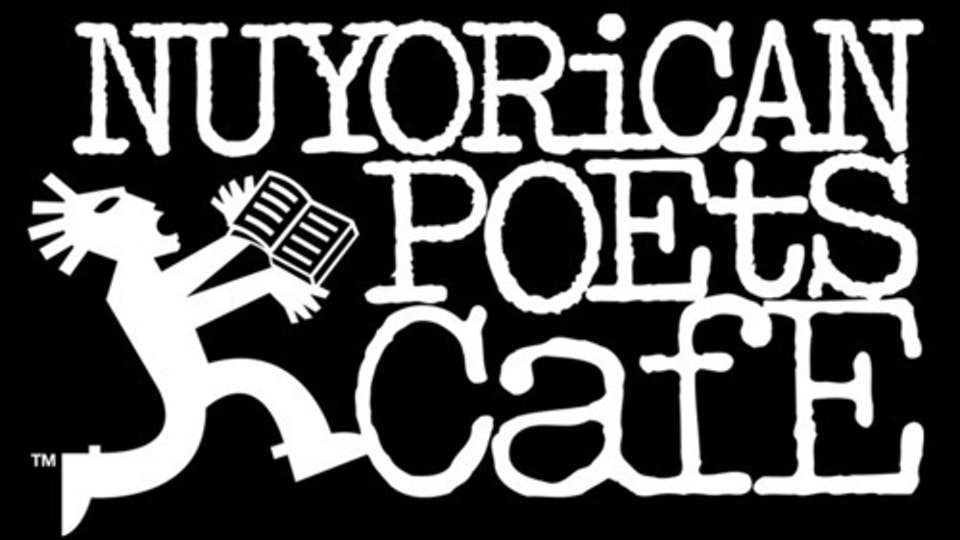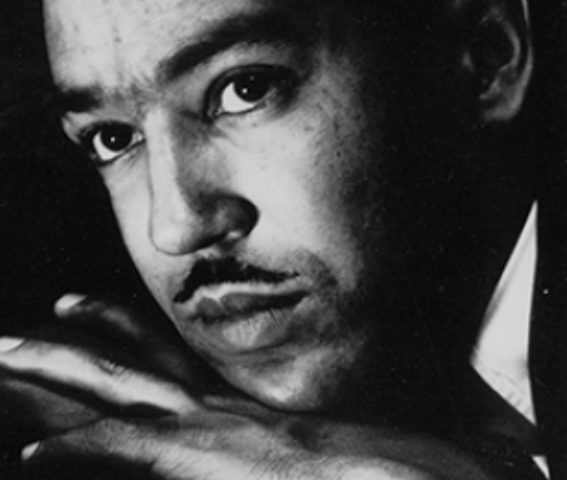In Banned Book Writing Prompts, a new series in Teachers & Writers Magazine, we aim to push back against the growing movement to censor what students can read and to show what happens when we enthusiastically embrace banned works rather than fear them. You can read an introduction to this series by Susan Karwoska here, and you can find more Banned Book Writing Prompts here.
To Whom it May Concern:
Please put Alison Bechdel’s graphic memoir Fun Home back on your shelves. Quite simply, it belongs there. The book is awesome.
Bechdel writes about her family’s funeral home. It’s the perfect back drop for her coming-of-age tragicomedy. Equal parts heartbreaking and funny, the book strikes the perfect tone. In its portrayal of the pressures of home life, of a complicated father/daughter relationship, and so many other things, the book is incredibly relatable.
Bechdel delves into some painful issues, for sure—identity, shame, and grief—but she does it gently, expertly weaving in kindness and humor.
Bechdel delves into some painful issues, for sure—identity, shame, and grief—but she does it gently, expertly weaving in kindness and humor.
And I haven’t even mentioned Bechdel’s drawings yet. Her ability to capture the nuances of human expression and her clever use of symbolism and visual metaphor work together to create layers of insight and meaning. Who wouldn’t want to read this book?
The issue you have with Fun Home has nothing to do with any of these things I’ve mentioned, of course. What you object to is that it features queerness. It’s perplexing to me why this is such a hot button issue. Queerness is a human state of being, like breathing and sleeping. Queer stories are human stories, and these stories have a lot teach us.
I was in my 50s when I read Fun Home. It was the first time in my life that I saw a family that, in certain ways, reflected my own. Had I read this book when I was young it would have saved me a lot of grief. It would have been comforting to for me to know that I wasn’t alone. Why would you deprive others of that same comfort?
Fun Home by Alison Bechdel. You should check it out. I dare you to read it and not see a little of yourself.
Sincerely,
Annie Weatherwax

Writing Prompt 1
At its core, Fun Home is a story about self-discovery and identity. Moments of clarity converge for Bechdel around important events in her life: when her father dies, when she learns that he was gay, and in her own coming out experience.
On page 58 of Fun Home, after Alison has come out to her parents, she gets a call from her mother. “Your father has had affairs with other men,” she announces. “I’d been upstaged,” Bechdel tells us in response, “demoted from the protagonist in my own drama to comic relief in my parents’ tragedy.”
Think about a crucial event or moment in your life. This could be a major event or a minor one. What impact did this moment or event have on you? Did things unfold as you imagined they would, or did they take an unexpected turn? Write a paragraph or two about a critical event or revelation you’ve experienced that somehow clarified or changed the way you view yourself or your circumstances.
Writing Prompt 2
Springboarding off the previous prompt, use what you’ve written to imagine a graphic adaptation of the event you describe.
Create a multi-panel story board for the event, detailing essential moments and dialogue. Break down your event into scenes, imaging these scenes as if you were a filmmaker. What camera angle should you use? What details should be included in the shot? How many frames are needed to best convey the moment? What’s going on in the background of each frame?
Consider the mood you’d like to capture and how best to use lighting and color to convey it. Bechdel often uses symbolism in her drawings to convey deeper themes and ideas. (Notice the LIFE cereal box on the table in third panel on page 68.) You may want to do this, too.
Map out your panels first. Once that’s done, work out the composition of each frame before filling it the details. Keep your drawing loose and expressive.

Writing Prompt 3
On page 14 of Fun Home, Bechdel says, “I grew to resent the way my father treated his furniture like children, and his children like furniture.” It’s one of my favorite lines from the book. At once funny and sad, it’s a simile that embodies Bechdel’s dark humor. In it she is saying that her father treats his children as if they were unimportant or insignificant, similar to how one might treat furniture. By juxtaposing and comparing two dissimilar things, (furniture and children), she creates a new way of looking at both.
Try to come up with three different similes of your own by taking an inanimate object and comparing it with a sentient being, as Bechdel does. For example, how is a car like a dog? Or a lamp like a person? Start first by creating a list of objects and living beings, then try playing around, mixing and matching your choices, finding similarities and differences between them. Finally, craft your material into three concise sentences.

Annie Weatherwax
Annie Weatherwax earned a living sculpting superheroes and cartoon characters. Included in her portfolio are characters from Nickelodeon, DC Comics, and Pixar. Winner of the Robert Olen Butler Prize for Fiction, her debut novel, All We Had, was a finalist the Massachusetts Book Award and is now a major motion picture from Tribeca films. She was the inaugural fellow at New Yorker Cartoonist James Stevenson’s Lost and Found Lab. Character sketches and stories from her collection “Odd Balls and Relationships” are forthcoming in Ploughshares magazine.



